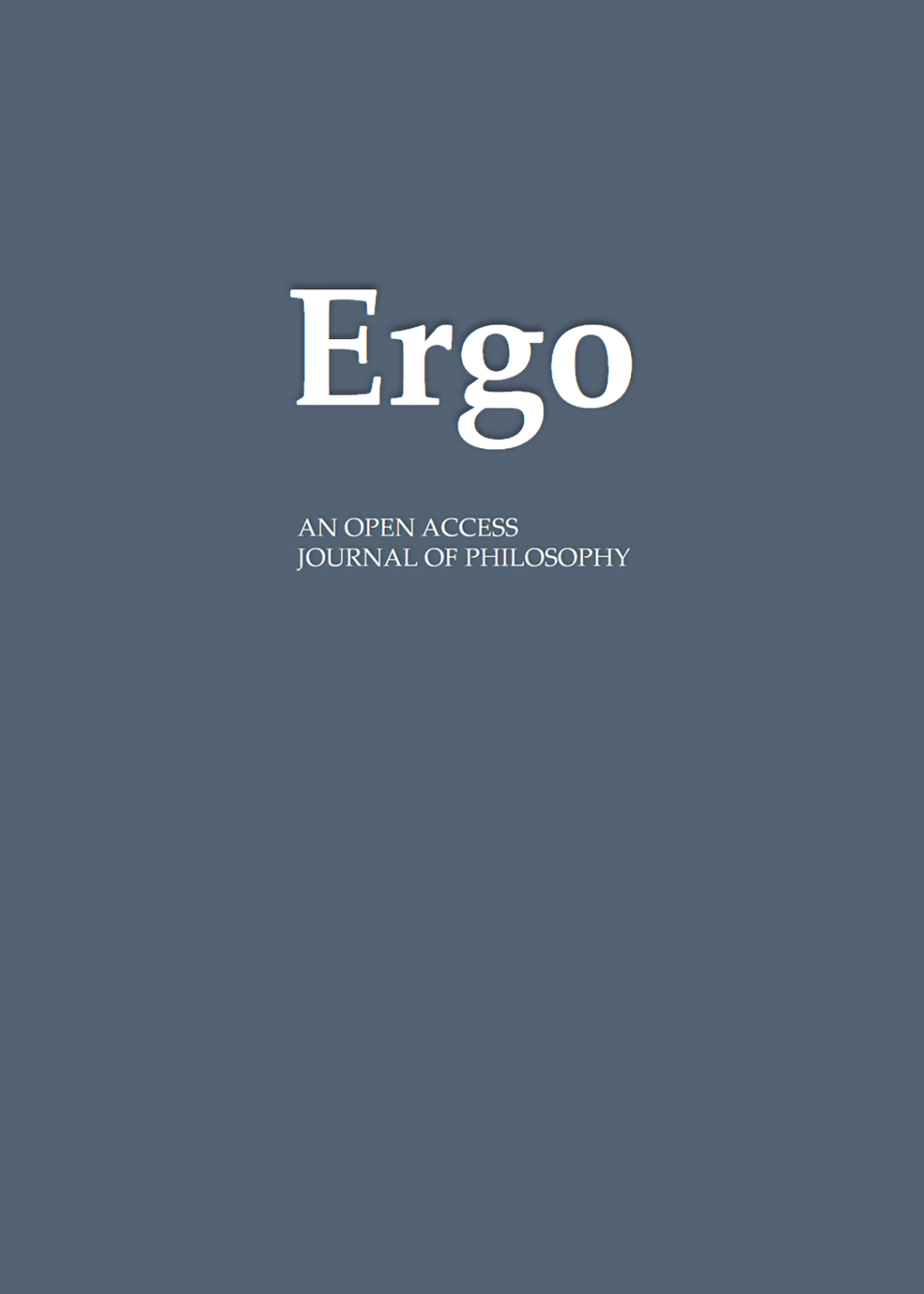
Life Satisfaction and Its Discontents
Happier Lives Institute
Michael Plant
Abstract
While life satisfaction theories (LST) of well-being are barely discussed in philosophy, they are popular among social scientists and wider society. When philosophers have discussed LST, they are taken to be a distinct alternative to the three canonical accounts of well-being—hedonism, desire theories, the objective list. This essay makes three main claims. First, on closer inspection, LST are indistinguishable from a type of desire theory—the global desire theory. Second, the life satisfaction/global desire theories are the only subjectivist accounts of well-being in the sense that they maintain individuals decide what makes their lives go well for them; hedonism and other desire theories are subjectivist only in some alternative senses. Third, subjectivism is implausible, although for different reasons from those that are usually given. I examine what I take to be the two main current objections to LST and argue that they are unproblematic. I then raise two different, challenging objections. The first is novel. The second has been noted in passing, but its seriousness underestimated. I close by sketching some non-obvious difficulties that subjectivists will face if they attempt to show rival objectivist theories suffer even more counter intuitive implications. Although subjectivism has a strong intuitive pull, we should be ready to abandon it in favour of an objectivist theory—although it is not my purpose here to say which one.







